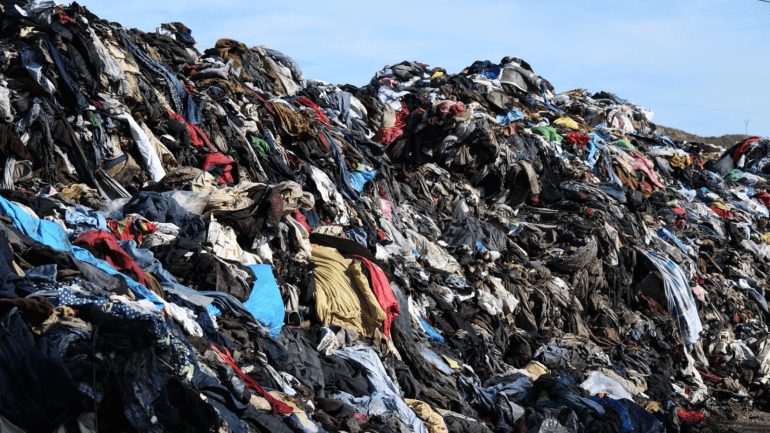TL;DR:
- Norwegian study employs AI to trace apparel waste origins and engage brands.
- Avfall Norge’s REdu-program collaborates with 71 students, analyzing 3,024 textile waste items.
- AI and ML identify clothing from 708 brands, aiding brand accountability.
- Findings underscore fast fashion’s impact and reveal the potential for brand-consumer feedback.
- Insights include fiber composition, garment age, production country, and reuse potential.
- UK Fashion and Textiles Association initiates £4m project for waste textile sorting.
- AI enables sorting automation and highlights consumer education needs.
- Conclusion: AI empowers sustainable change, aligning industry practices with accountability.
Main AI News:
In an era marked by heightened environmental concerns, the apparel industry faces growing scrutiny for its contribution to waste. As the world grapples with issues of sustainability, a Norwegian study has unveiled a promising avenue for leveraging artificial intelligence (AI) to trace waste origins and facilitate meaningful interactions between consumers and apparel brands.
The study, conducted by Avfall Norge, a Norwegian organization representing over 200 waste management and recycling entities, has captured the attention of industry leaders for its innovative approach. Collaborating with 71 students as part of its REdu-program, Avfall Norge embarked on a summer 2023 research initiative that holds profound implications for the fashion industry.
Over a span of two weeks, the students meticulously analyzed a staggering 3,024 textile waste items sourced from diverse municipalities across Norway. Employing cutting-edge AI and machine learning (ML) techniques, the researchers were able to discern the origins of these discarded textiles, even identifying clothing items associated with 708 distinct brands.
This revelation arrives on the heels of a £4 million ($5.06 million) project spearheaded by the UK Fashion and Textiles Association. The ambitious project aims to construct and pilot an automated sorting and pre-processing facility dedicated to handling waste textiles.
Crucially, the AI-powered analysis displayed remarkable accuracy, successfully pinpointing the brand of origin for 84.78% of the examined items. This finding has far-reaching implications, potentially establishing a constructive feedback loop between consumers and brands. By fostering dialogue around responsible production practices, these insights have the potential to steer manufacturers toward more sustainable avenues.
Beyond brand identification, the AI-driven analysis delved deeper, offering insights into the composition of textile fibers, the age of garments, the country of production, and the potential for reuse. Leveraging product labels and brand-specific labeling systems, AI and ML technologies revealed a treasure trove of information that could transform the way the industry approaches sustainability.
In an industry often characterized by the rapid turnover of fashion trends, the research also highlighted the lingering influence of fast fashion. Astonishingly, many discarded items were found to be in impeccable condition, some even retaining their price tags. This disconcerting trend underscores the imperative of reevaluating consumption patterns and advocating for more responsible consumer behavior.
Moreover, the study shed light on another pressing issue: the premature discarding of garments due to minor damages. This discovery accentuates the necessity for consumer education surrounding garment care and repair, prompting the question of whether minor imperfections truly warrant disposal.
Conclusion:
The convergence of AI technology and sustainability concerns is poised to transform the apparel market. Avfall Norge’s study showcases the potential of AI in scrutinizing waste origins, propelling accountability, and fostering consumer-brand engagement. By harnessing AI’s analytical prowess, the industry can transition toward more responsible practices, aligning market dynamics with a sustainable future.

